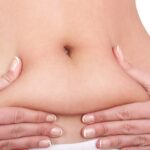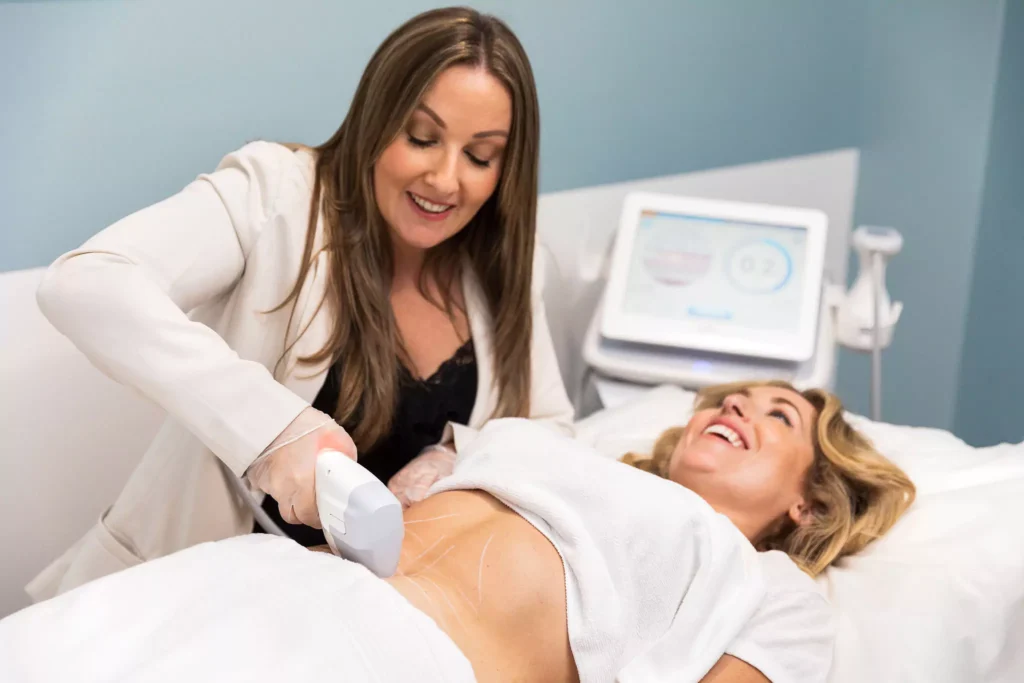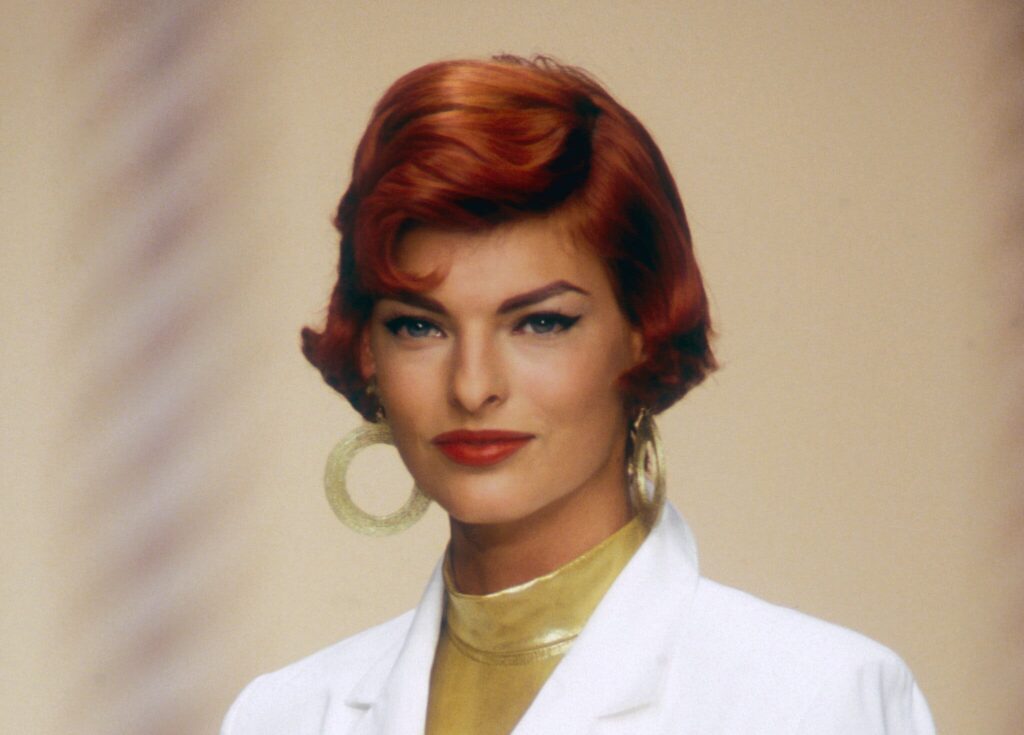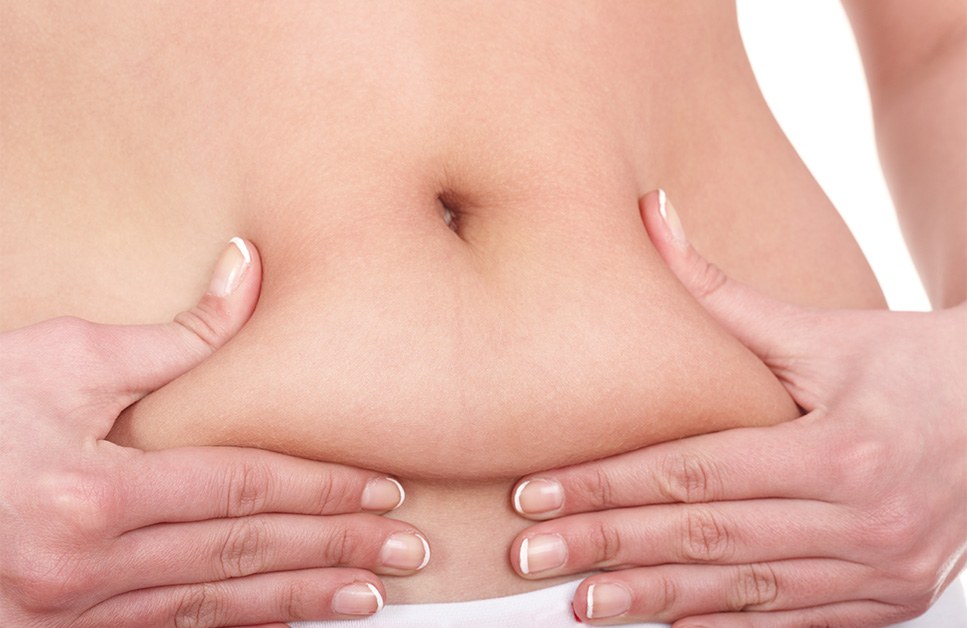
Eating Fat for Fat Loss
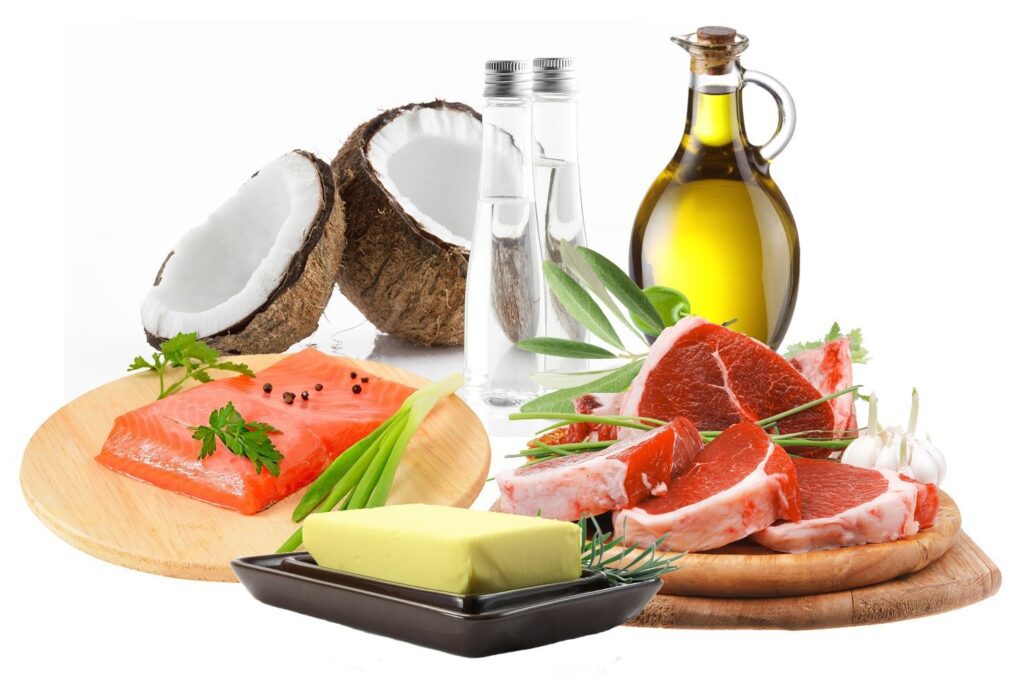
For a long time, we have been afraid of eating fat in the fear that we will gain weight.
For a long time, we have been afraid of eating fat in the fear that we will gain weight. We have been led to believe that low fat diets are ‘healthier’ and that eating fat is sinful, hence the introduction of the low-fat, fat-free and diet products on the market. However, ironically, it is these foods, which are effectively making us fat.
Fat is NOT something to be avoided. It is incredibly important for normal growth and development and long-term health. Dietary fat provides energy, protects our organs, maintains cell membranes and helps the body absorb and process nutrients. It also keeps us satiated for longer, helping us to stay slim.
The fat that you eat should comes from unsaturated sources; monounsaturated and polyunsaturated fatty acids such as fish, avocado, nuts, seeds and extra virgin olive oil. Low fat diets are a thing of the past and are actually counterproductive. They don’t only strip our bodies of much needed nutrients, but they increase our risk of developing diabetes or becoming obese. When fat is removed from foods, it is substituted with sugar, salt and potential harmful food additives.
Eating more fat usually means that you are eating fewer carbohydrates. Displacing carbohydrates by increasing fat in your diet, creates the perfect environment for losing fat. The hormone insulin, released by your pancreas in proportion to the amount of carbohydrates you eat, is the major gate keeper when it comes to nutrient partitioning, telling nutrients where to go. When you lower insulin levels by reducing carbohydrates, you allow your body to more readily access fat stores for energy. This also allows fat to enter and fuel our muscles. When you lower fat intake, you are not conditioning your body to efficiently burn fat.
Eating more fat hormonally and metabolically is great, but one of the best benefits is the satiating effect of fat. If you don’t eat fat, you are likely to be hungry all the time, therefore overeating. Eating fat leaves you feeling full and satisfied. When fat enters your small intestine, it sends off a cascade of signals releasing hormones such as CCK and PYY. They both play a major role in appetite regulation and satiety. If you are more satiated, the less likely you are to snack on junk in between meals or to overeat.
Since fat has a higher caloric value than carbohydrates and protein, you just have to make the portion sizes small. So you wouldn’t eat a whole bag of almonds in one sitting. Just have a handful at a time and combine it with some form of fruit or vegetable to balance out your meal and make it even more nutritious.
Amy McKendrick, @mynutritioncoach



